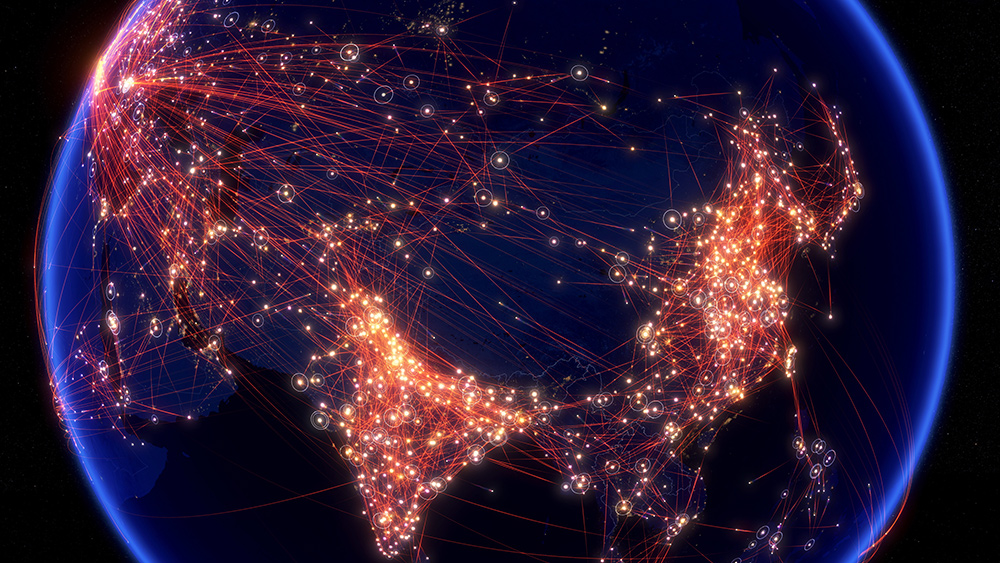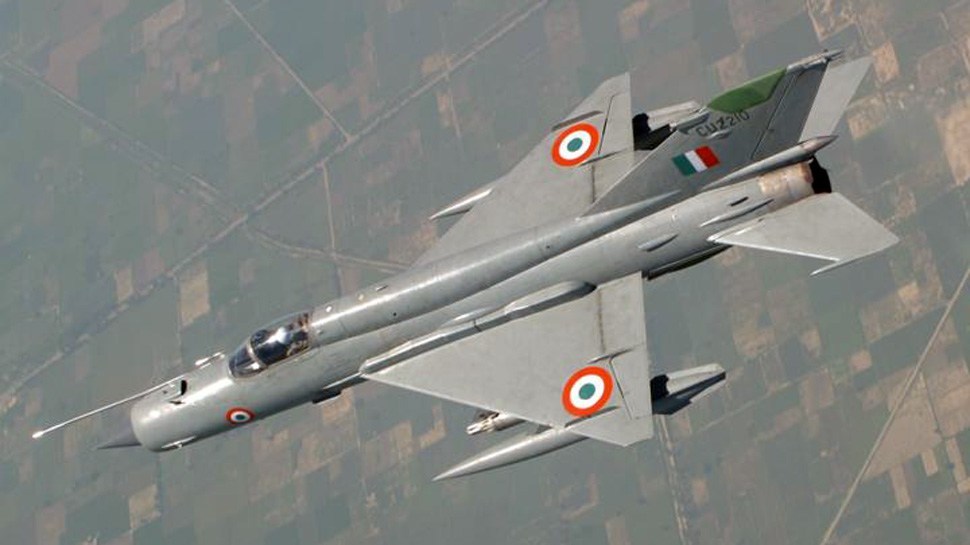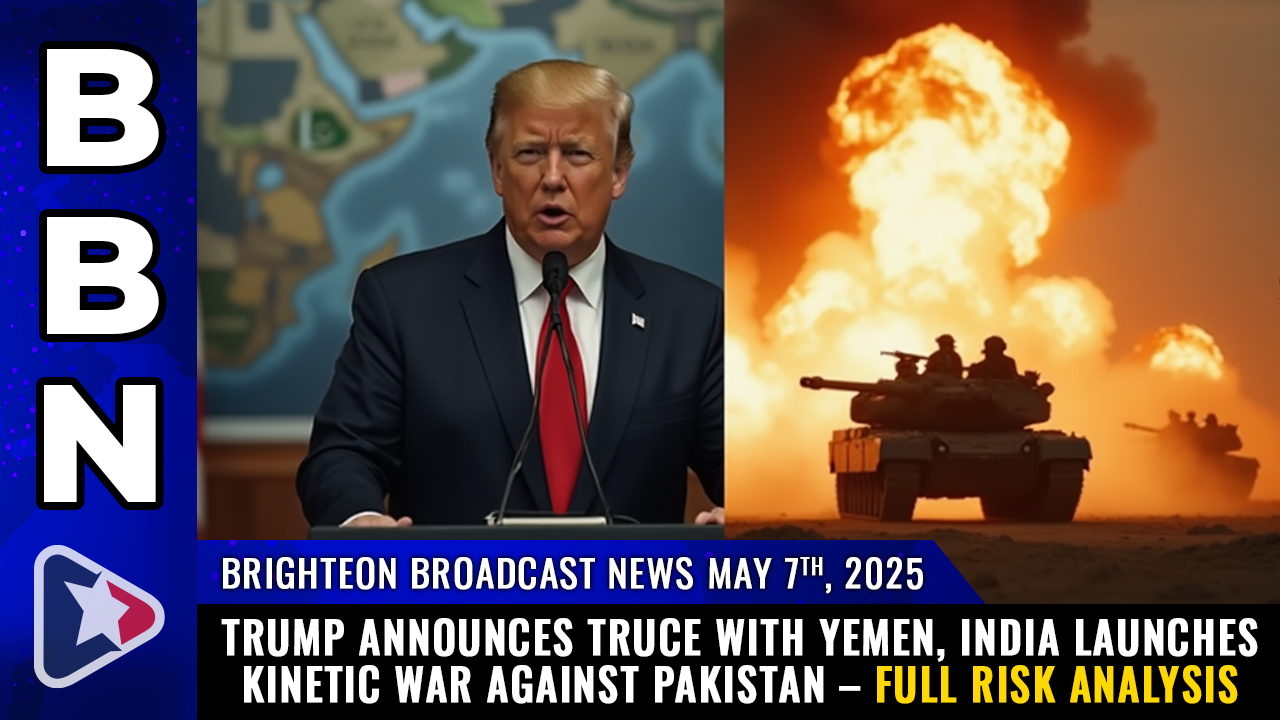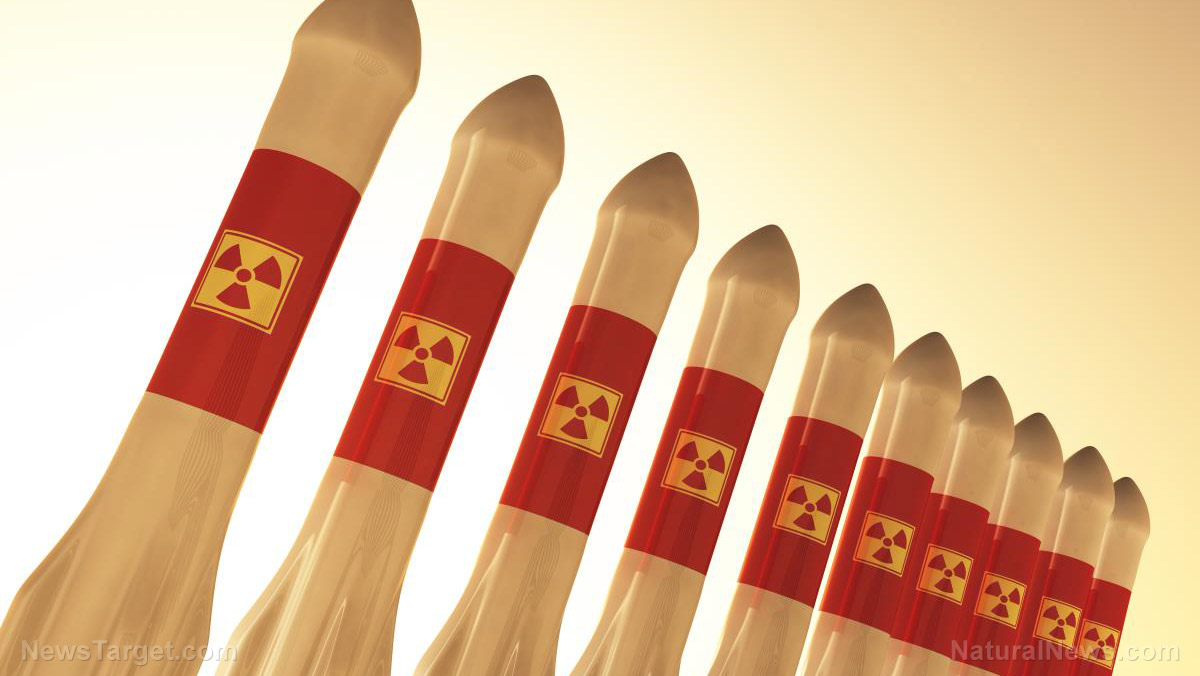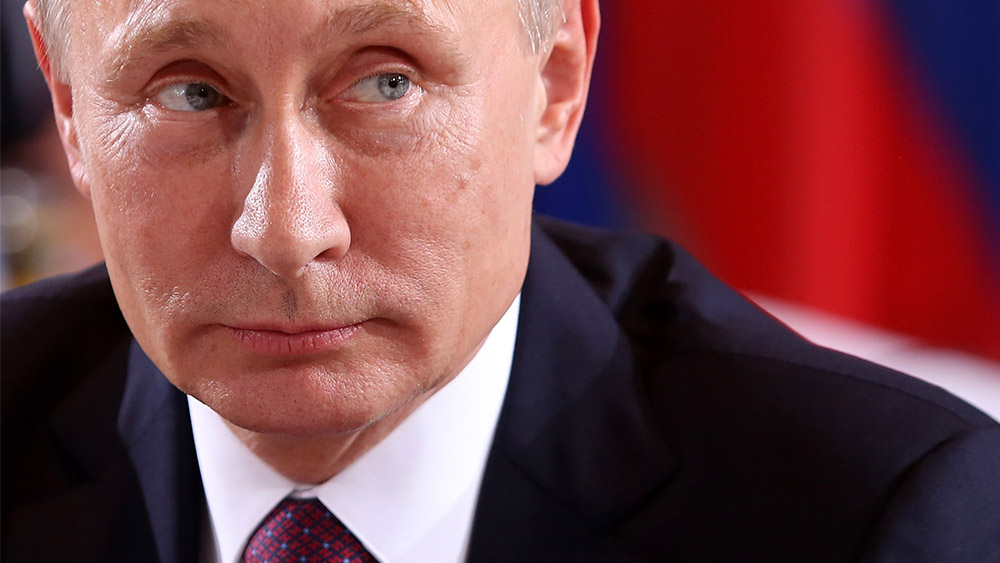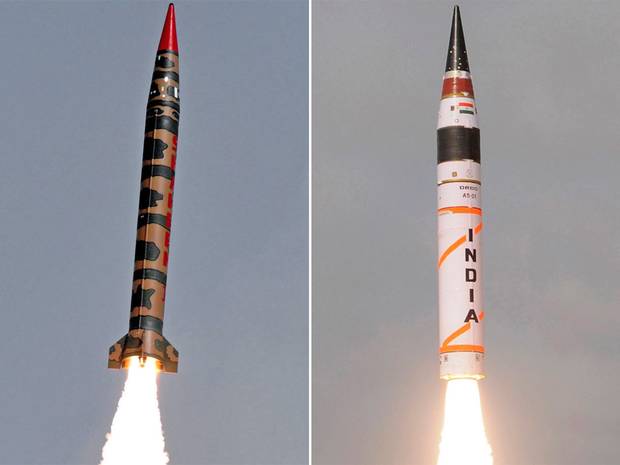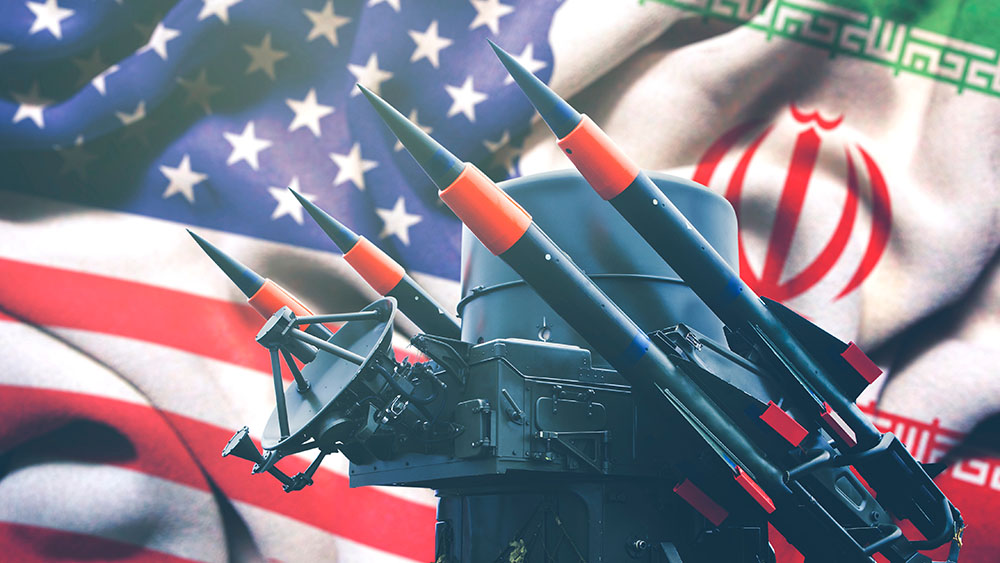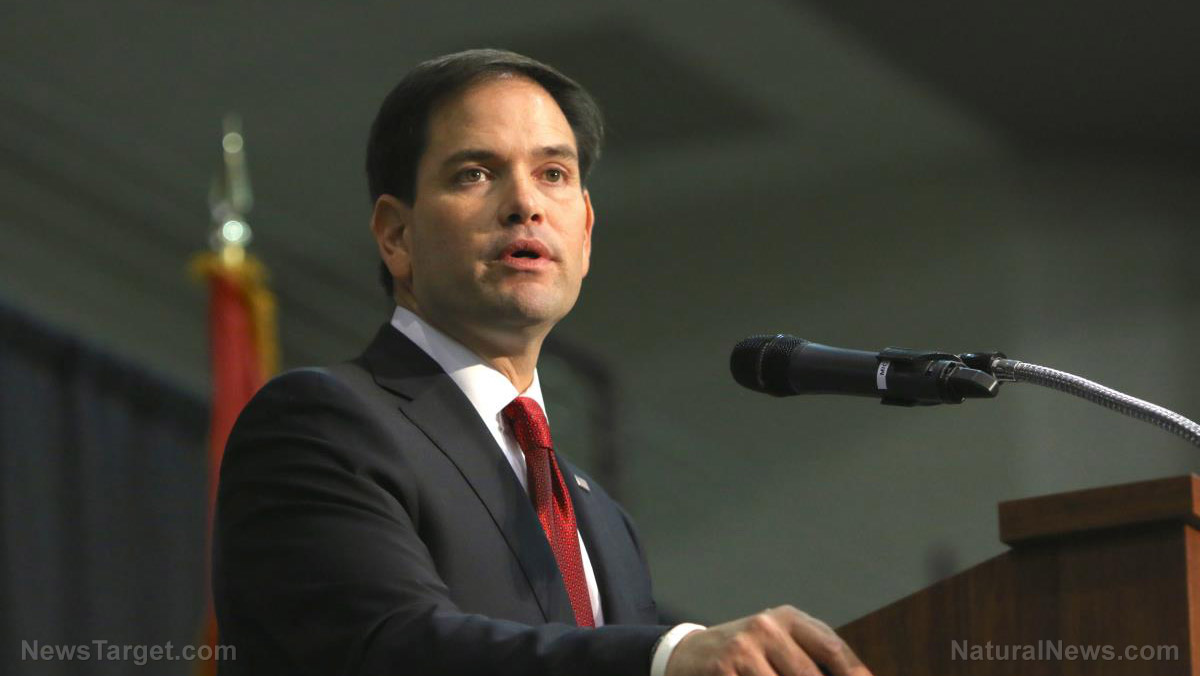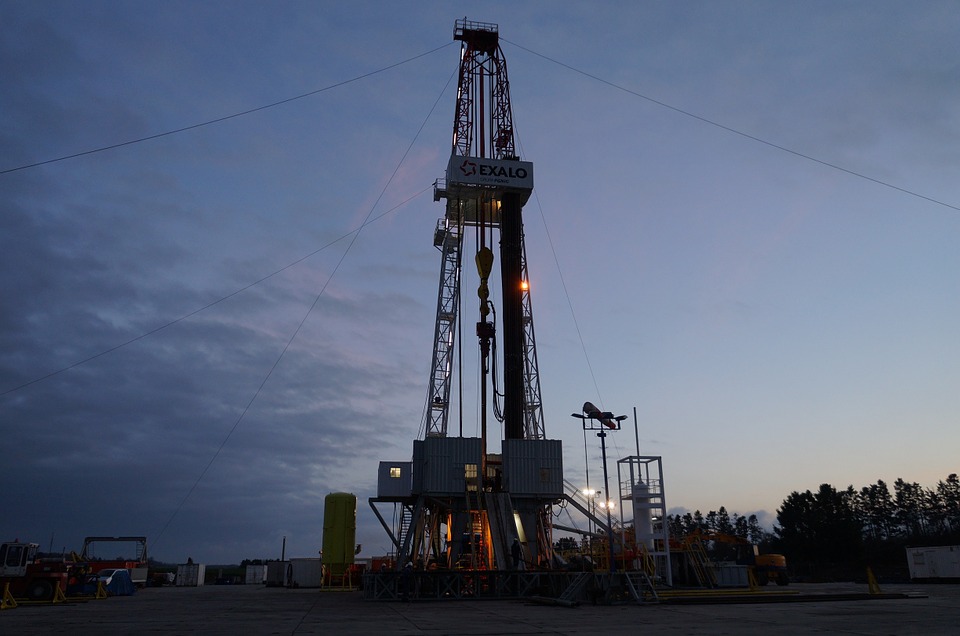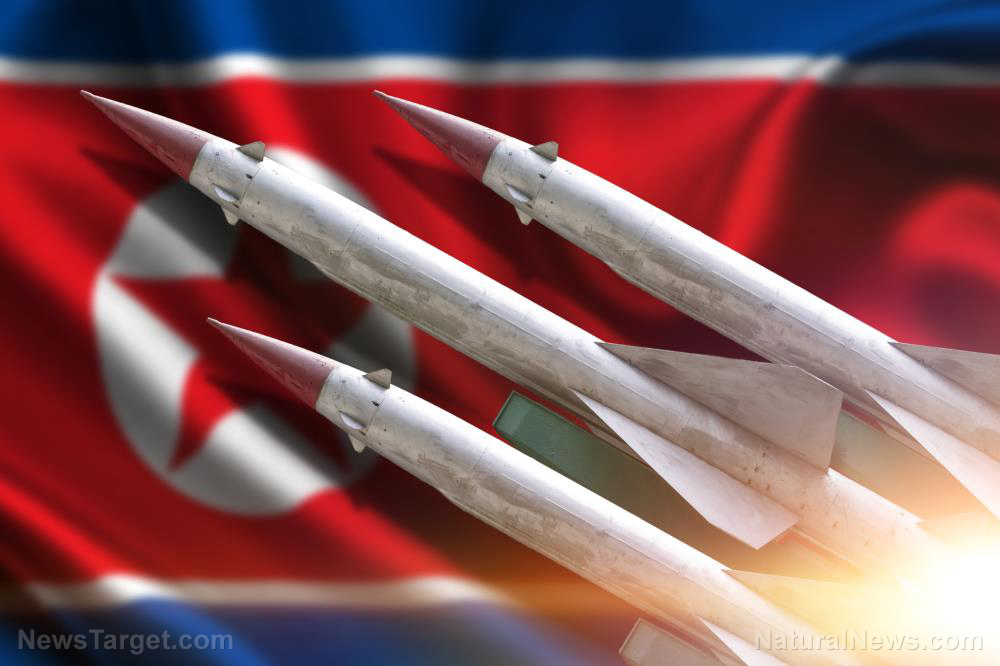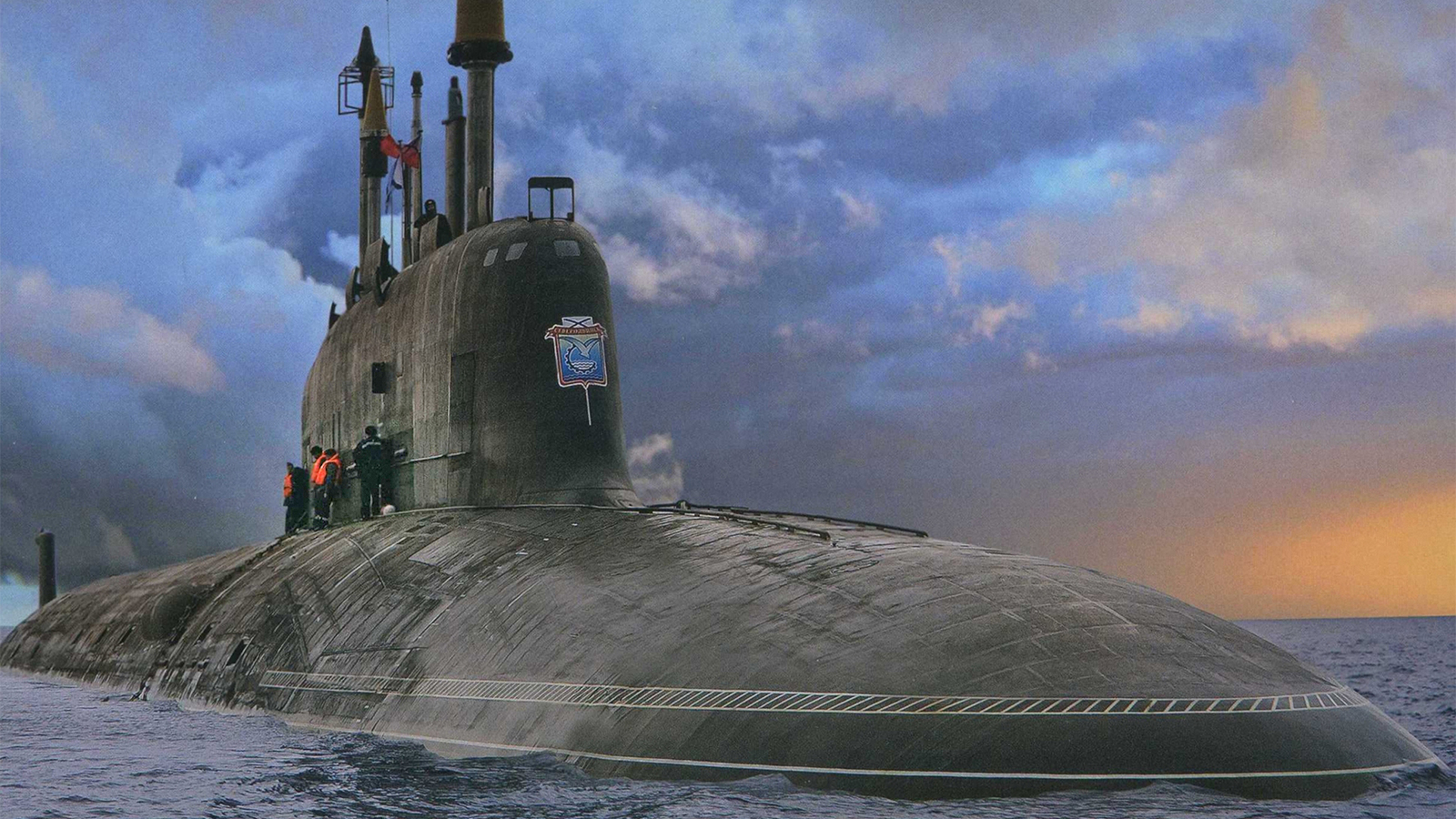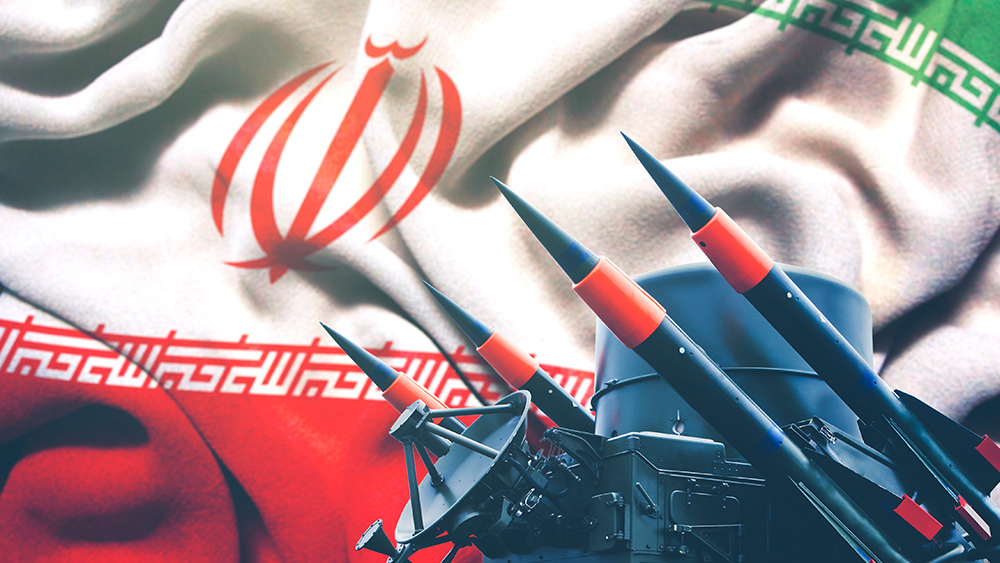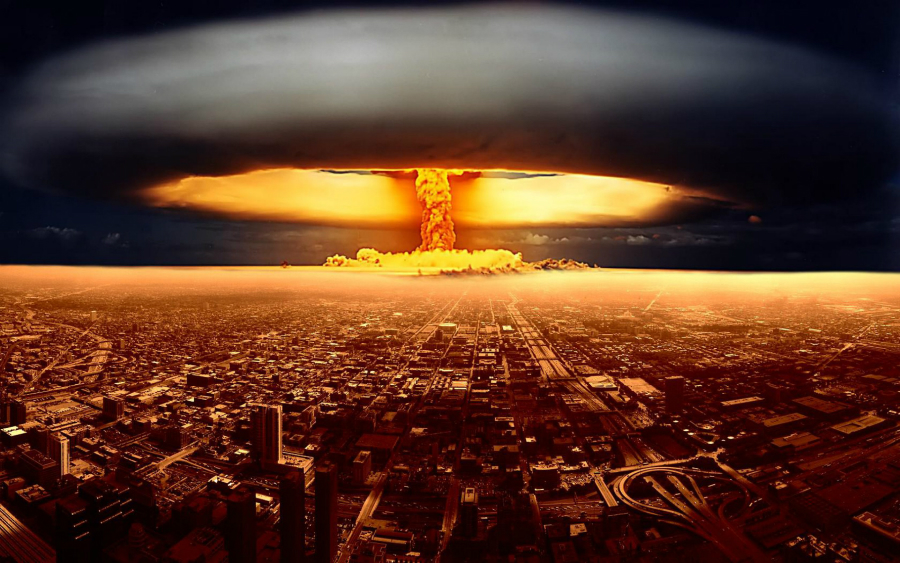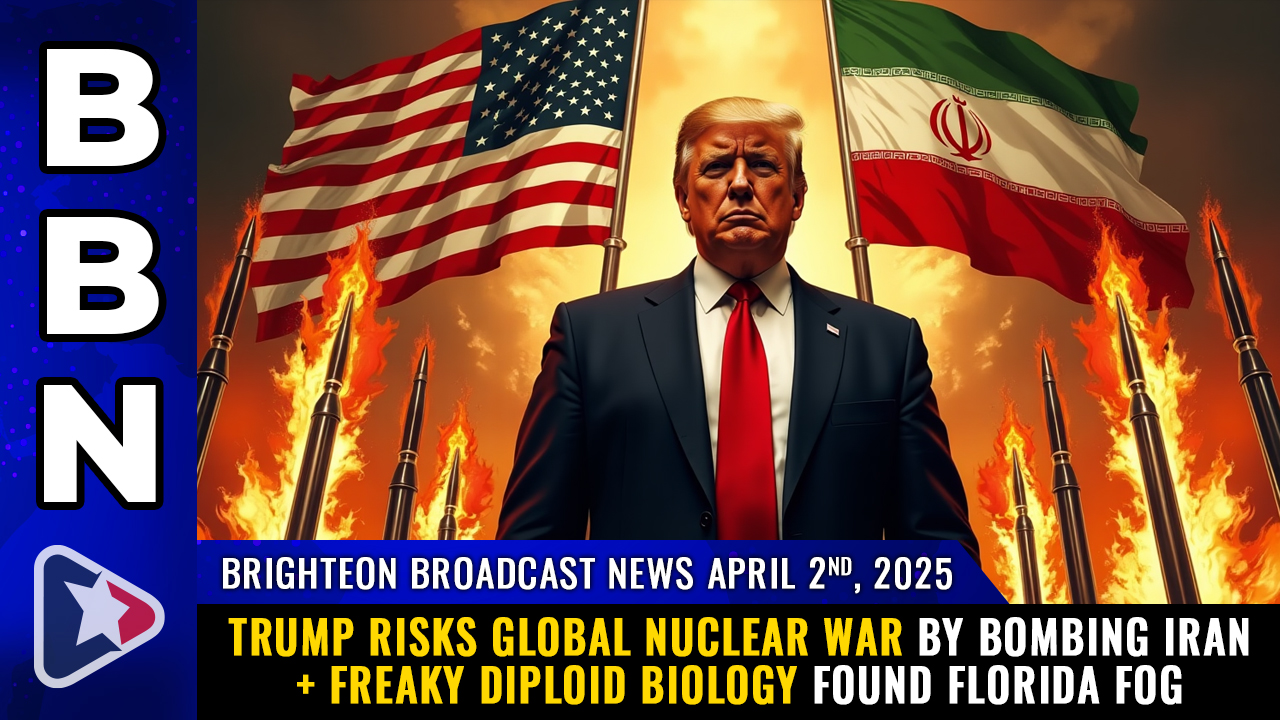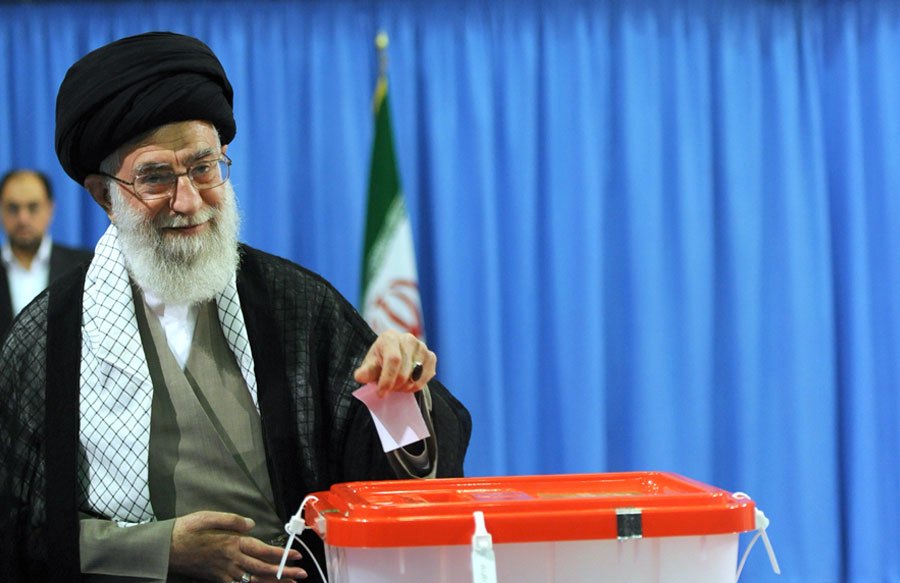Pakistan threatens India with “full spectrum” retaliation as Kashmir tensions escalate
05/05/2025 / By Cassie B.

- Pakistan’s ambassador to Russia has warned of deploying “full spectrum of power,” including nuclear weapons, if India attacks or disrupts its water supply, escalating tensions between the nuclear-armed rivals.
- The threat follows a deadly Kashmir terror attack, diplomatic expulsions, and India’s suspension of the Indus Waters Treaty, which Pakistan has called “an act of war.”
- Pakistan claims to possess leaked documents indicating an imminent Indian strike, while India is accusing Islamabad of backing militants, fueling military posturing and missile tests.
- Global powers are urging restraint, but with both nations unwilling to back down, experts are warning of a potential nuclear conflict with catastrophic humanitarian consequences.
- Kashmiris are facing brutal crackdowns as tensions rise, with analysts emphasizing the urgent need for de-escalation between two nuclear powers on the brink.
The specter of nuclear war looms over South Asia as Pakistan’s ambassador to Russia, Muhammad Khalid Jamali, issued a chilling warning that Islamabad would deploy its “full spectrum of power”, including nuclear weapons, if India launches an attack or disrupts its water supply.
The threat, made in an interview with RT, comes amid heightened tensions following a deadly April 22 terror attack in Indian-administered Kashmir that left 26 dead, mostly Hindu tourists. With both nations expelling diplomats, suspending trade, and conducting missile tests, the world watches nervously as two nuclear-armed rivals edge closer to conflict.
Pakistan’s dire warning
Jamali claimed Pakistan possesses “leaked documents” indicating an imminent Indian strike. “There are some other leaked documents whereby it has been decided to strike certain areas of Pakistan,” he told RT. “We in Pakistan will use the full spectrum of power, both conventional and nuclear.” The warning marks one of Islamabad’s most explicit nuclear threats in years, underscoring the volatility of the crisis.
India’s suspension of the Indus Waters Treaty, a 1960 agreement governing shared river resources, further inflamed tensions. Jamali called the move “an act of war,” vowing retaliation if water flows are disrupted. Pakistan’s Defence Minister Khawaja Asif reinforced this stance, threatening to target any Indian infrastructure built in violation of the treaty. “Aggression is not just about firing cannons or bullets; it has many faces,” Asif said, warning of mass starvation and thirst if water access is cut.
Kashmir massacre and diplomatic fallout
The flashpoint was the April 22 attack in Pahalgam, claimed by the Pakistan-linked Resistance Front. India accused Islamabad of backing the militants, prompting reciprocal expulsions of diplomats, border closures, and trade suspensions. Pakistan denies involvement but has refused to back down, testing ballistic missiles and mobilizing troops.
Iran’s foreign minister attempted mediation, while global powers, including the U.S., China, and Russia, urged restraint. Yet, with India’s Prime Minister Narendra Modi framing the conflict as a stand against terrorism and Pakistan’s leadership vowing to defend its sovereignty, de-escalation remains elusive.
The nightmare scenario
Experts warn that a full-scale war could trigger a humanitarian catastrophe. A nuclear exchange between India and Pakistan — or a conflict involving China — could result in an untold number of deaths. The stakes are existential: both nations possess arsenals capable of mutual annihilation.
Kashmiris, caught in the crossfire, face brutal crackdowns. Indian forces have detained thousands and razed homes of suspected militants, exacerbating local grievances. “Kashmiris are always the first to bear the brunt of any political or military tensions between India and Pakistan,” said Praveen Donthi of the International Crisis Group.
Despite the rhetoric, Pakistan’s ambassador stressed the need for de-escalation: “As the two countries are two nuclear powers, there is all the more need to deescalate the tensions.” Yet with trust shattered and military posturing intensifying, the path to peace remains fraught.
Sources for this article include:
Submit a correction >>
Tagged Under:
big government, chaos, dangerous, foreign relations, India, insanity, Kashmir, military tech, national security, nuclear war, Pakistan, politics, terrorism, violence, weapons technology, World War III
This article may contain statements that reflect the opinion of the author
RECENT NEWS & ARTICLES
COPYRIGHT © 2017 NUCLEAR NEWS

